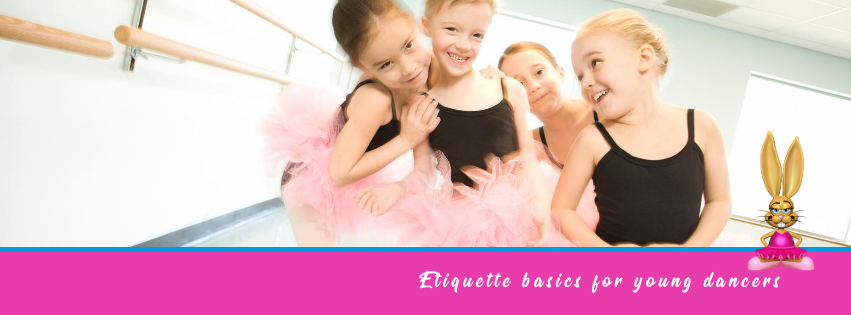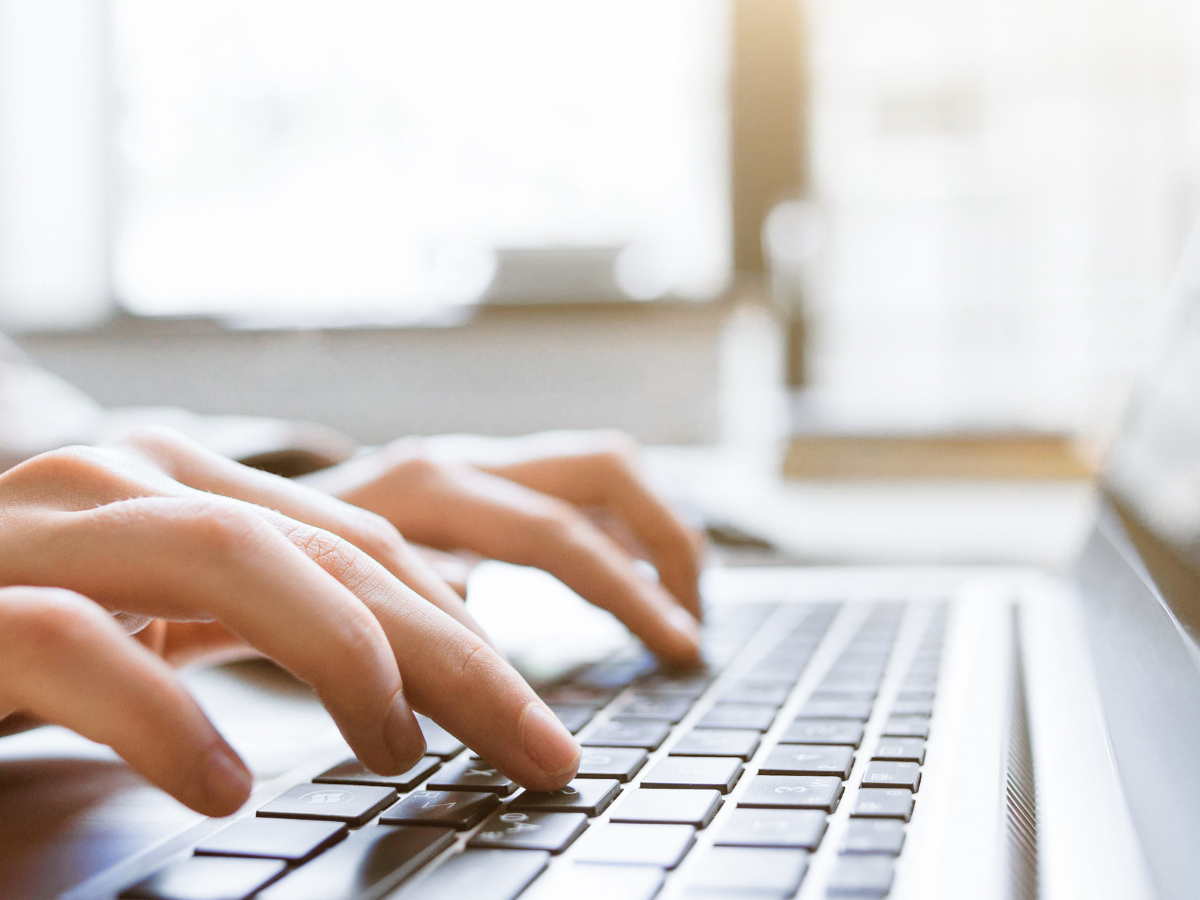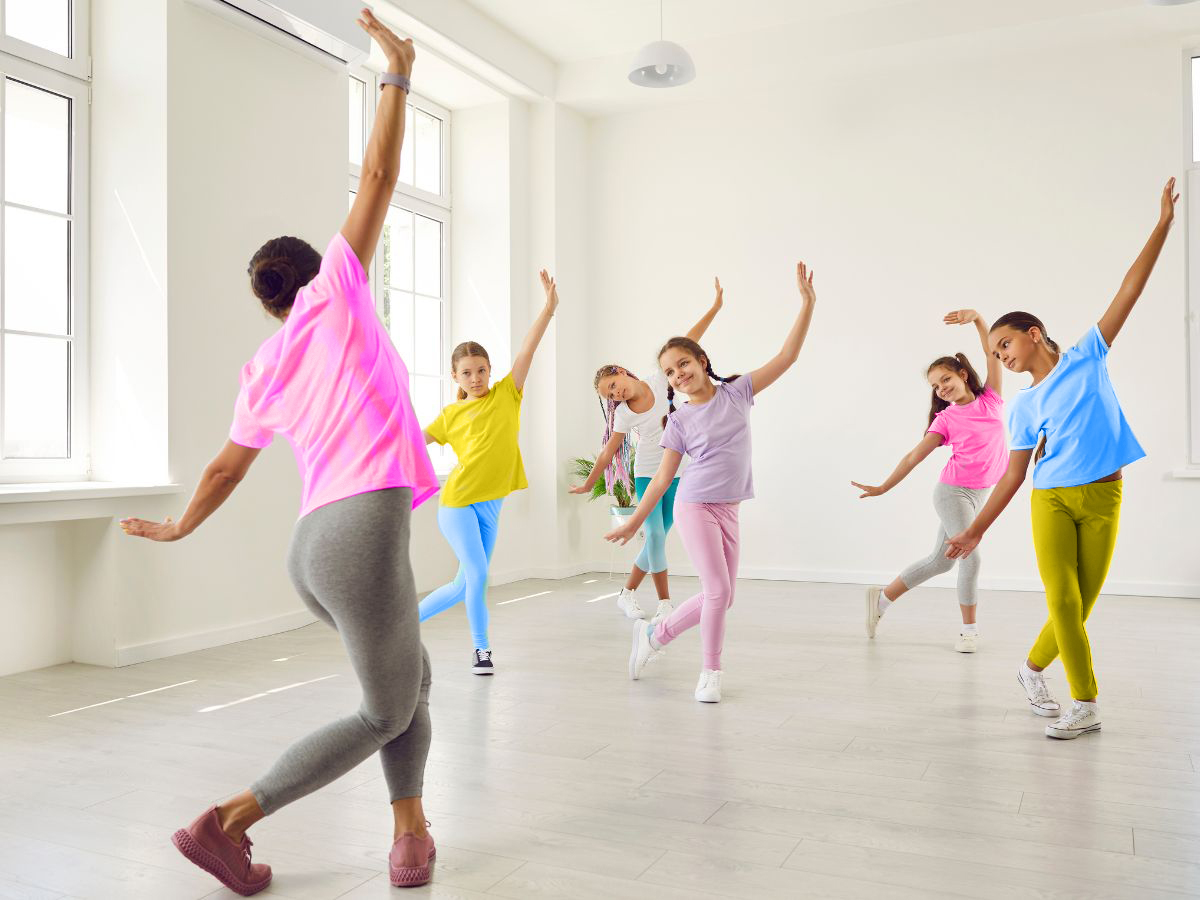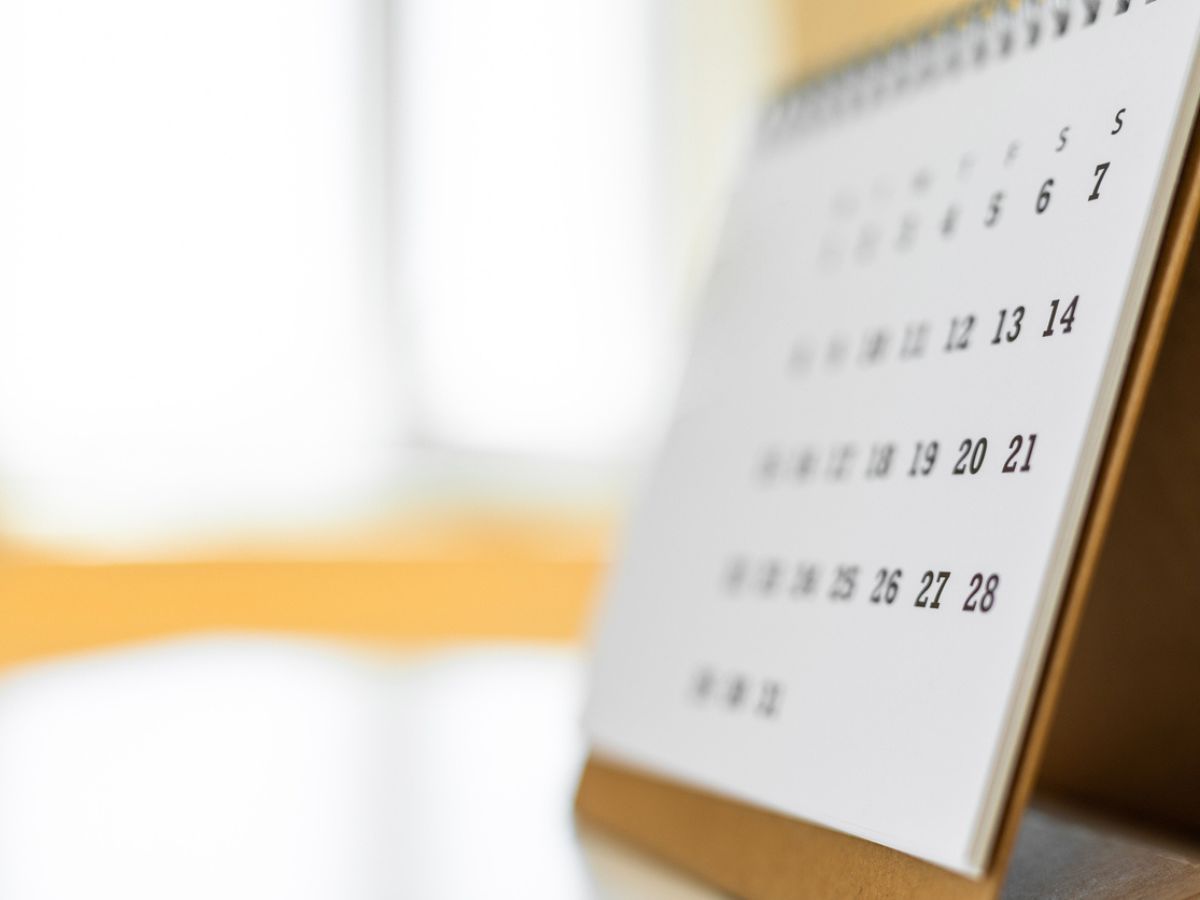My lifelong relationship with dance helped me to develop a constant interest in the industry – especially in teaching children to dance. From a young age, I took dance, helped to teach classes of younger children as I grew up, studied with some amazing people and now have the privilege of working with technology that helps dance schools grow their businesses. It wasn’t a plan, but it has been amazingly prophetic that I am where I am.
These experiences give me a stroll down memory lane in writing blog posts and help me to pull ideas and thoughts of others into viewpoints from me to you.
Twenty Etiquette Basics for Young Dancers is the first in a series of three posts of similar theme that share behaviors, habits, and traits that help dancers take advantage of the amazing lifelong character-building that dance can instill as they grow up in a studio. These are great lists for sharing! Post them in your studio’s dressing room, distribute them in newsletters, or pass them out in welcome packets. Sharing these reminders and tips with your students may help you build potential for classes that run more smoothly and enjoyably for everyone!
Today’s list of twenty etiquette basics for young dancers is mostly common sense or manners that your students are probably (hopefully) taught by their parents. But children and adults often need to be reminded of common sense matters as often as with specific rules, so don’t gloss over these reminders too quickly as common knowledge. You see your students often enough to know that they all don’t necessarily exhibit these behaviors regularly.
20 etiquette basics for young dancers:
- Come prepared. This includes the appropriate dress, shoes, and grooming for participating in your class. Leave dangling or sharp-edged jewelry at home or in your bag.
- Leave food and drinks (unless your teachers OKs a closed water bottle) out of the dance space.
- Don’t chew gum in the dance space. It’s rude to those around you and actually unsafe for to do while you’re dancing.
- Never wear dance shoes outside the studio or wear street shoes inside the studio.
- Before stepping onto the dance floor with tap shoes, check your shoes for loose screws.
- Come to class showered and with brushed teeth or freshened breath.
- Use a dressing room, if one is available, for the personal items you have with you but don’t need for dance class. If a dressing room isn’t available, leave personal items at the back or sides of unused studio walls.
- Turn off and stow your cell phone. You have no use for your device during class. Completely silence it by turning it off – not simply setting it to vibrate – so that it will not disrupt class from your bag.
- Don’t arrive late. If this cannot be avoided, enter the class very quietly.
- Don’t leave class early. If you cannot avoid making an early exit, talk to the teacher before class. If your exit is an emergency, do so as quickly and discreetly as possible.
- Don’t talk – not even a whisper – while the teacher is talking.
- Be attentive at all times. Help class move along for everyone by staying attentive in line as you wait your turn.
- Pay attention, participate and follow your teacher’s directions. Listen before asking questions. When you do ask questions, make sure that they are necessary and relevant.
- Approach your class and activities in your class with a good, positive attitude. It helps you and everyone else in your class to learn more quickly and accomplish more.
- Never sit down unless you are instructed to do so.
- Watch your language, even when you mess up. The dance studio is no place for expressing yourself inappropriately.
- Be respectful of others. Allow them the same opportunity you have to learn and participate and space to do it in. The best way to achieve this is to exhibit the Golden Rule at all times.
- Respect the dance studio/space by keeping it clean and neat. Pick up after yourself – trash that you generate or that you see. Make sure your clothes and other personal items are neat and in the appropriate place when you’re in class and when you’re not.
- Don’t use things that are not yours or that you don’t have permission to use. Do not turn things on, off, up, or down in the space without express permission.
- Use good posture. Don’t slouch or hang on the barre (or anywhere else) and be aware of negative body language (like folded arms). After all, dance is about using your body to express a beautiful art form.
Related articles:
Twelve Good Habits for Your Dancers to Develop
Twelve Traits the Elite Dancer Exhibits













